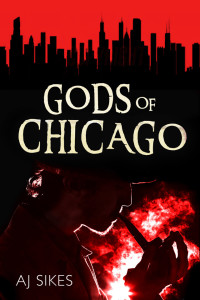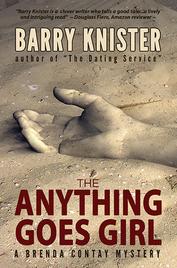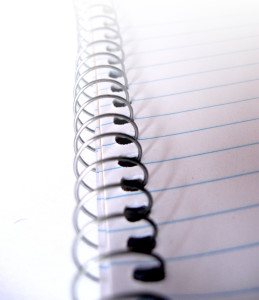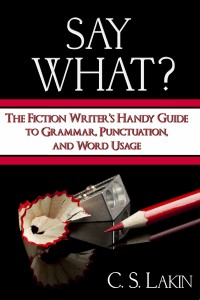by Aaron Sikes, @SikesAaron
Many thanks to Elizabeth for hosting me today. My noir urban fantasy, Gods of Chicago, is currently on tour. Since I’m also an editor, Elizabeth asked me to share some tips for self-editing. If all you’ve heard is the (mistaken) advice that good writers never self-edit, then this post should help dispel the misconception (I hope it does at any rate). If, on the other hand, you’re well steeped in the self-editing tradition, then I’ve got my fingers crossed that I can share some new ideas. Please add your suggestions in the comments, too!
Basics of style
The first editor I worked with gave me a valuable lesson in tightening my prose, beginning with the elimination of the verb to be from my MS. This, like all rules regarding exclusion, should not be viewed as a hard and fast proscription. However, the ‘be’ verb works best when it is limited to those instances where no other verb fits the bill. If you can use another verb in place of the ‘be’ verb, your prose will improve and your readers will thank you.Continue reading




